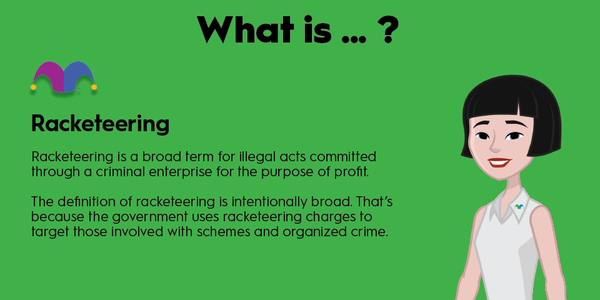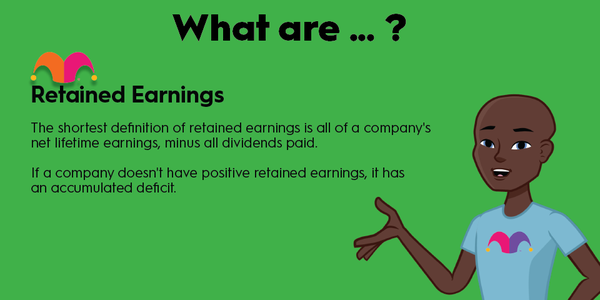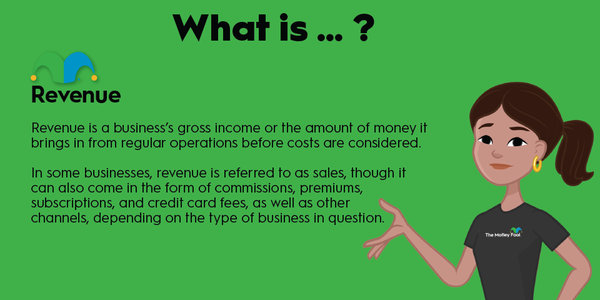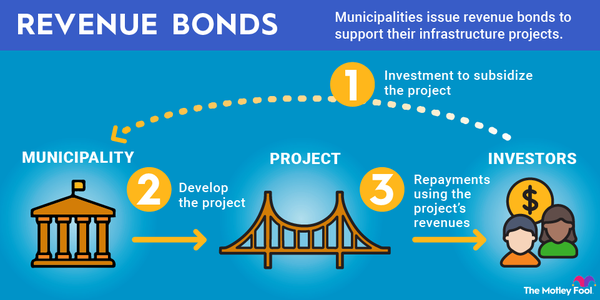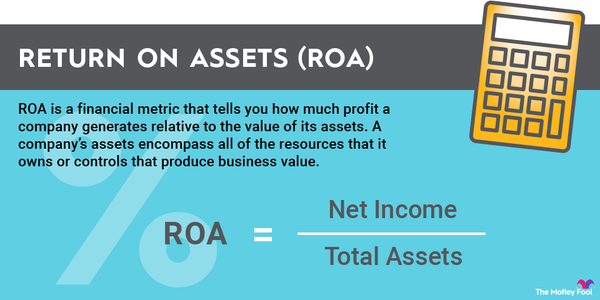Start-ups and publicly traded companies have a number of options for compensating employees in addition to a cash salary.
Often, employees are given stock options, company shares, or restricted stock units (RSUs) to tie their compensation to the success of the company, incentivizing employees to stay with the company and saving the company money.

What are they?
What are restricted stock units, exactly?
RSUs are a form of equity-based compensation given to employees.
RSUs are shares an employee can own in the future as long as they meet certain conditions, such as continuing to work with the company.
The process of a restricted stock unit becoming unrestricted is known as vesting. When an employee or an executive discusses shares vesting over a certain period, they are referring to restricted stock units.
Why do companies use them?
Why do companies use restricted stock units?
There are a lot of reasons a company would use RSUs instead of paying share-based compensation.
RSUs allow a company to connect incentives to equity compensation in a way that unrestricted units would not.
Some typical restrictions include time before the shares vest, typically from three to five years. That gives the company an opportunity to grow and helps ensure that early employees stick with the company.
Another type of restriction is related to performance or milestones. Some RSUs are generally reserved for executives who have more control than most employees over the company's performance; their restrictions pertain to performance targets or milestones like revenue growth, share price performance, or profits. If a company is still in the start-up stage, a condition could be that the company has to go public or be acquired, ensuring an exit for investors.
The RSU might have both time-based and performance-based restrictions as well.
Like other forms of share-based compensation, RSUs help incentivize employees to stay with the company and offer a significant benefit if the company does well, allowing it to pay less cash compensation than it normally would.
RSUs vs. other forms of share-based compensation
RSUs vs. other forms of share-based compensation
RSUs are the most common type of equity compensation, but they're just one of several types of share-based compensation, generally favored by companies that have already gone public and are more stable than start-ups.
One alternative to RSUs is restricted stock awards (RSAs), which are typically used by early-stage companies. Shares are issued when the RSA is granted, while RSUs aren't granted until they've vested. There are also differences with how RSUs are taxed and how they are treated when they are unvested.
Stock options are also a popular choice for equity-based compensation. The key difference with stock options is that employees must spend money in order to buy them. Options can also expire.
RSUs, on the other hand, don't require the recipient to spend any money and will convert to ordinary shares once the vesting schedule is complete.
Example
Example of how RSUs work
To understand how restricted stock units work at a real company, let's take a look at an example.
Say you are granted 20,000 RSUs. After one year, 25% of the shares vest, so you own 5,000 shares. The following year, another 25% vest, giving you 5,000 shares, and after the third year, the remainder of the shares vest, giving you the last 10,000 shares.
Presumably, that vesting schedule incentivizes employees to stay with the company through the three years.
RSUs have long been a favorite compensation mechanic in the tech industry, allowing fast-growing, cash-strapped companies to avoid cash compensation in favor of share-based compensation.
With the tech sector soaring this year and the Nasdaq on the verge of a new bull market, RSUs could grow even more popular as tech companies look to invest in artificial intelligence and other growth markets.


